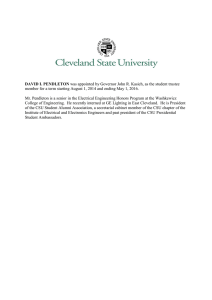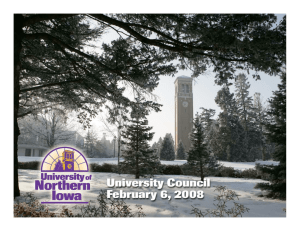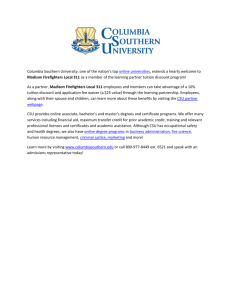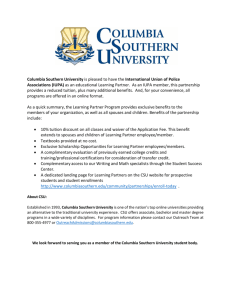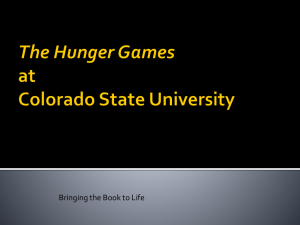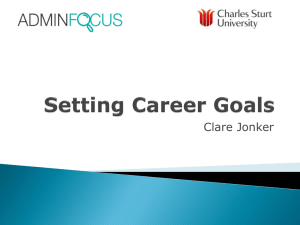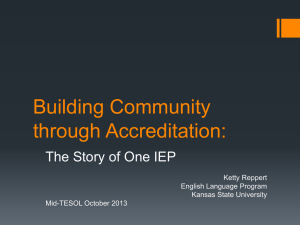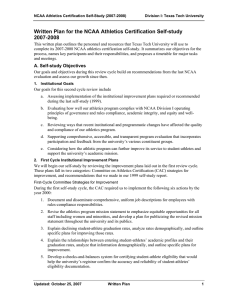Cleveland State University Self Study Timeline
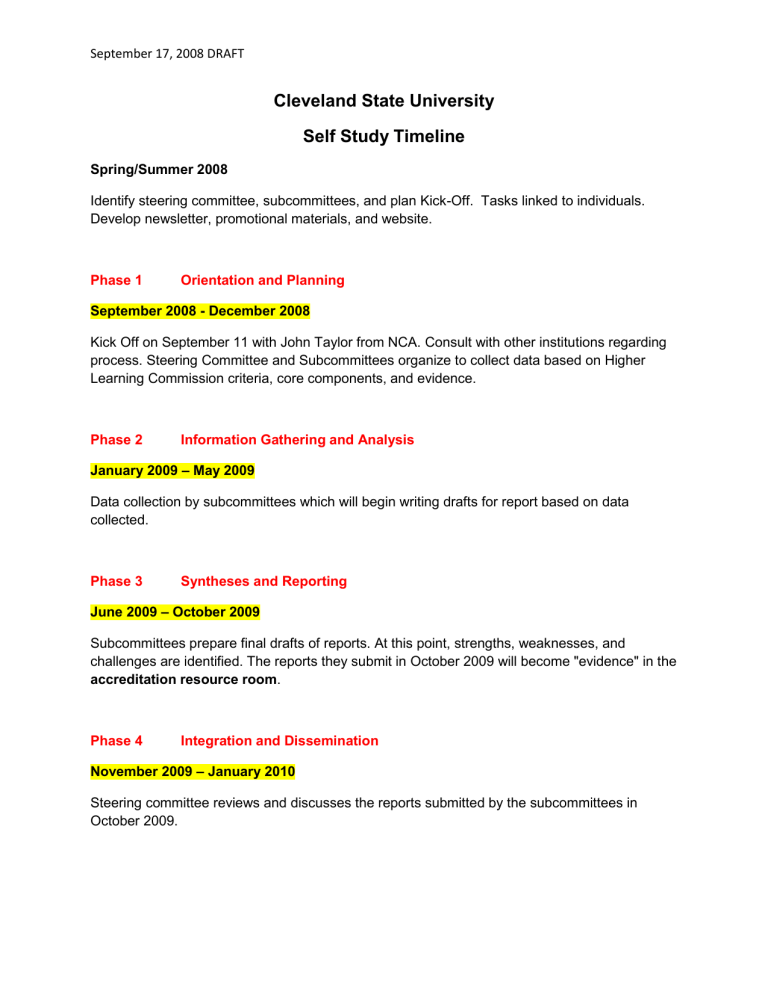
September 17, 2008 DRAFT
Cleveland State University
Self Study Timeline
Spring/Summer 2008
Identify steering committee, subcommittees, and plan Kick-Off. Tasks linked to individuals.
Develop newsletter, promotional materials, and website.
Phase 1 Orientation and Planning
September 2008 - December 2008
Kick Off on September 11 with John Taylor from NCA. Consult with other institutions regarding process. Steering Committee and Subcommittees organize to collect data based on Higher
Learning Commission criteria, core components, and evidence.
Phase 2 Information Gathering and Analysis
January 2009 – May 2009
Data collection by subcommittees which will begin writing drafts for report based on data collected.
Phase 3 Syntheses and Reporting
June 2009 – October 2009
Subcommittees prepare final drafts of reports. At this point, strengths, weaknesses, and challenges are identified. The reports they submit in October 2009 will become "evidence" in the accreditation resource room .
Phase 4 Integration and Dissemination
November 2009 – January 2010
Steering committee reviews and discusses the reports submitted by the subcommittees in
October 2009.
September 17, 2008 DRAFT
Phase 5 Dissemination, Feedback, Revision, and Submission
February 2010 – May 2010
Coordinators draft the self-study document, seek widespread feedback from all constituencies, revise the self-study document, prepare electronic and hard copies, and submit the self-study to the Higher Learning Commission on July 1, 2010 for distribution to visiting-team members.
Site Visit
September, October, or November 2010
A team of evaluators from other institutions, representing the Higher Learning Commission, visits campus, verifies information in the self-study, and meets with individuals and groups, in preparation for issuing the team's report.
Post-Site Visit Team Report
A few weeks after the site-visit, the site-team chair sends a draft team report to CSU's HLC staff liaison for review. CSU subsequently receives a draft and is allowed to correct "errors of fact."
Final Team Report
After CSU receives the final team report, President sends a "formal written response" to the
Higher Learning Commission and the site-team.
Review and Commission Action
A Commission Readers Panel or Review Committee then reviews the report and related documents; the Commission's Institutional Actions Council or Review Committee takes action; and the Commission's Board of Trustees validates the action.
CSU receives formal notice of the findings. The formal findings, plus issues we ourselves identified during the self-study process, influence CSU's next strategic plan. The Commission may also require CSU to submit progress reports or to undergo a follow-up visit.
